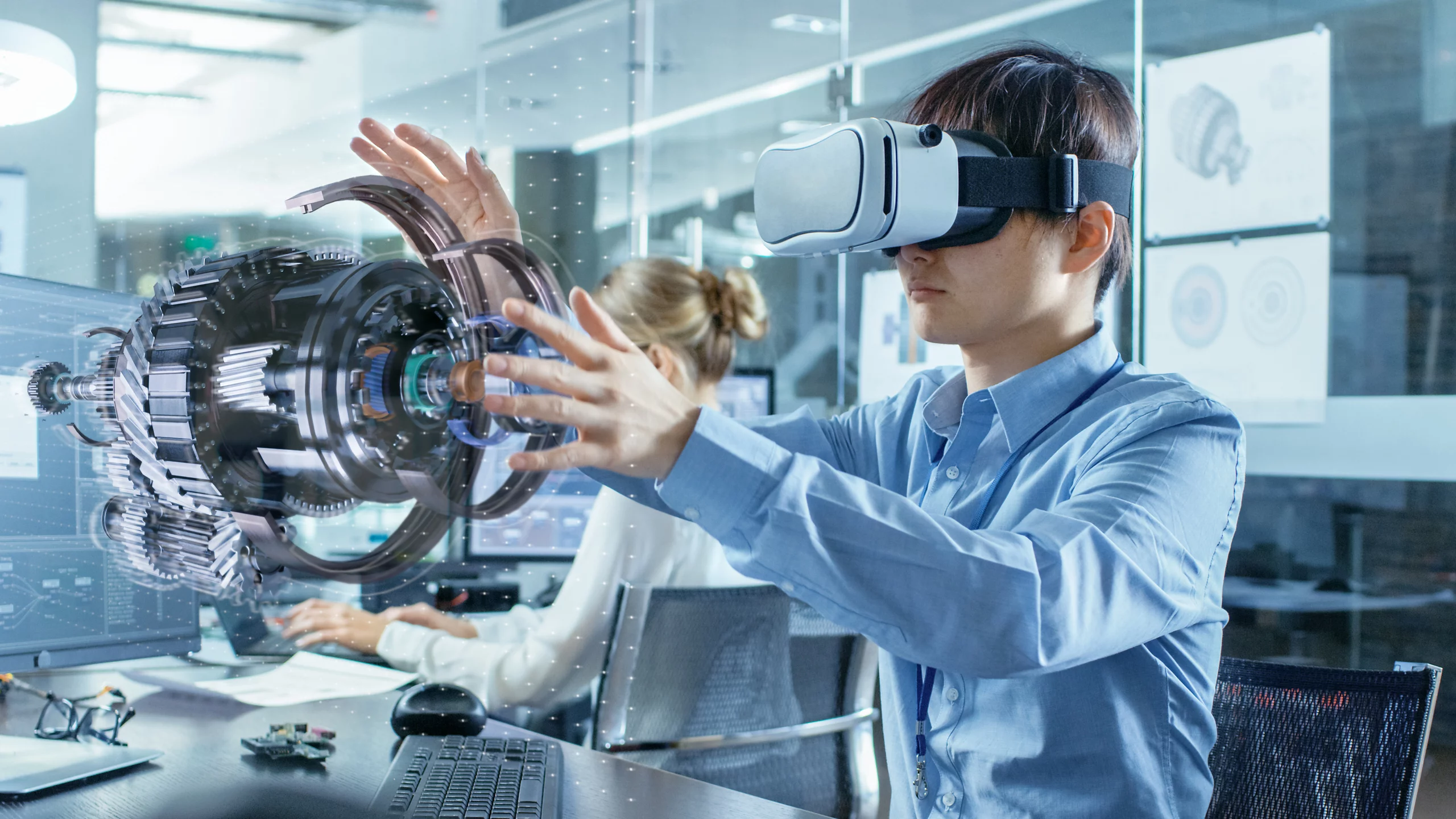The Future of Work: Preparing Students for 21st Century Careers
In the rapidly evolving landscape of the 21st century, the nature of work is undergoing profound transformations. As automation, artificial intelligence, and globalization reshape industries and job roles, it is imperative to equip international students with the skills and mindset necessary to thrive in this dynamic environment. This article explores the future of work and the strategies education consultant Perth can employ to prepare students for success in 21st-century careers.
Understanding the Changing Work Landscape
1.Automation and AI Integration:
Automation and artificial intelligence are revolutionizing industries, automating routine tasks, and augmenting human capabilities. Jobs that require repetitive tasks are increasingly being performed by machines, while roles demanding creativity, critical thinking, and emotional intelligence are gaining prominence.
2. Globalization and Remote Work:
The rise of digital connectivity has facilitated remote work opportunities, enabling individuals to collaborate across geographical boundaries. Globalization has also increased competition, requiring workers to possess cross-cultural communication skills and adaptability.
3. Emergence of New Industries:
The digital age has birthed new industries such as cybersecurity, data analytics, and renewable energy. As traditional sectors evolve and new ones emerge, students must be prepared to navigate a diverse array of career pathways.
Key Skills for 21st Century Careers
- Critical Thinking and Problem-Solving:
In a world where information is abundant and rapidly changing, the ability to analyze, synthesize, and evaluate information critically is essential. Students should be encouraged to approach challenges with curiosity and creativity, developing innovative solutions to complex problems.
- Digital Literacy:
As technology becomes increasingly integrated into all aspects of work, digital literacy is non-negotiable. Students should be proficient in utilizing digital tools, understanding coding basics, and navigating online platforms securely and ethically.

- Collaboration and Communication:
In an interconnected world, effective collaboration and communication skills are paramount. Students should learn to work productively in teams, communicate ideas clearly and persuasively, and navigate cultural differences with sensitivity and respect.
- Adaptability and Resilience:
The pace of change in the 21st century demands adaptability and resilience. Students should be comfortable with ambiguity, open to learning new skills, and resilient in the face of setbacks and challenges.
Educational Strategies for Career Readiness
- Project-Based Learning:
Project-based learning fosters critical thinking, collaboration, and problem-solving skills by engaging students in real-world projects. By working on authentic tasks, students develop a deeper understanding of content and its relevance to their future careers.
- STEM Education:
STEM (Science, Technology, Engineering, and Mathematics) education equips students with the technical skills and knowledge required for emerging fields such as robotics, biotechnology, and artificial intelligence. Hands-on experiences in STEM subjects cultivate a passion for inquiry and innovation.
- Internships and Experiential Learning:
Internships and experiential learning opportunities provide students with valuable workplace experience, allowing them to apply classroom learning in real-world settings. Exposure to different industries and job roles helps students make informed career choices and develop professional networks.
- Social and Emotional Learning (SEL):
SEL programs promote self-awareness, social awareness, self-management, relationship skills, and responsible decision-making. By nurturing emotional intelligence and interpersonal skills, SEL prepares students for success in diverse work environments and fosters positive mental health outcomes.
Final Verdict
As we stand on the threshold of a new era of work, it is essential to equip students with the skills, knowledge, and mindset necessary to navigate the complexities of the 21st-century workplace. By embracing innovation in education and prioritizing the development of critical thinking, digital literacy, collaboration, and adaptability, educators can empower students to thrive in diverse career pathways and contribute meaningfully to society.


Why Choose Us
Studyhub Your Path to Excellence & Success
We are passionate about education and dedicated to providing high- quality learning resources for learners of all backgrounds.
